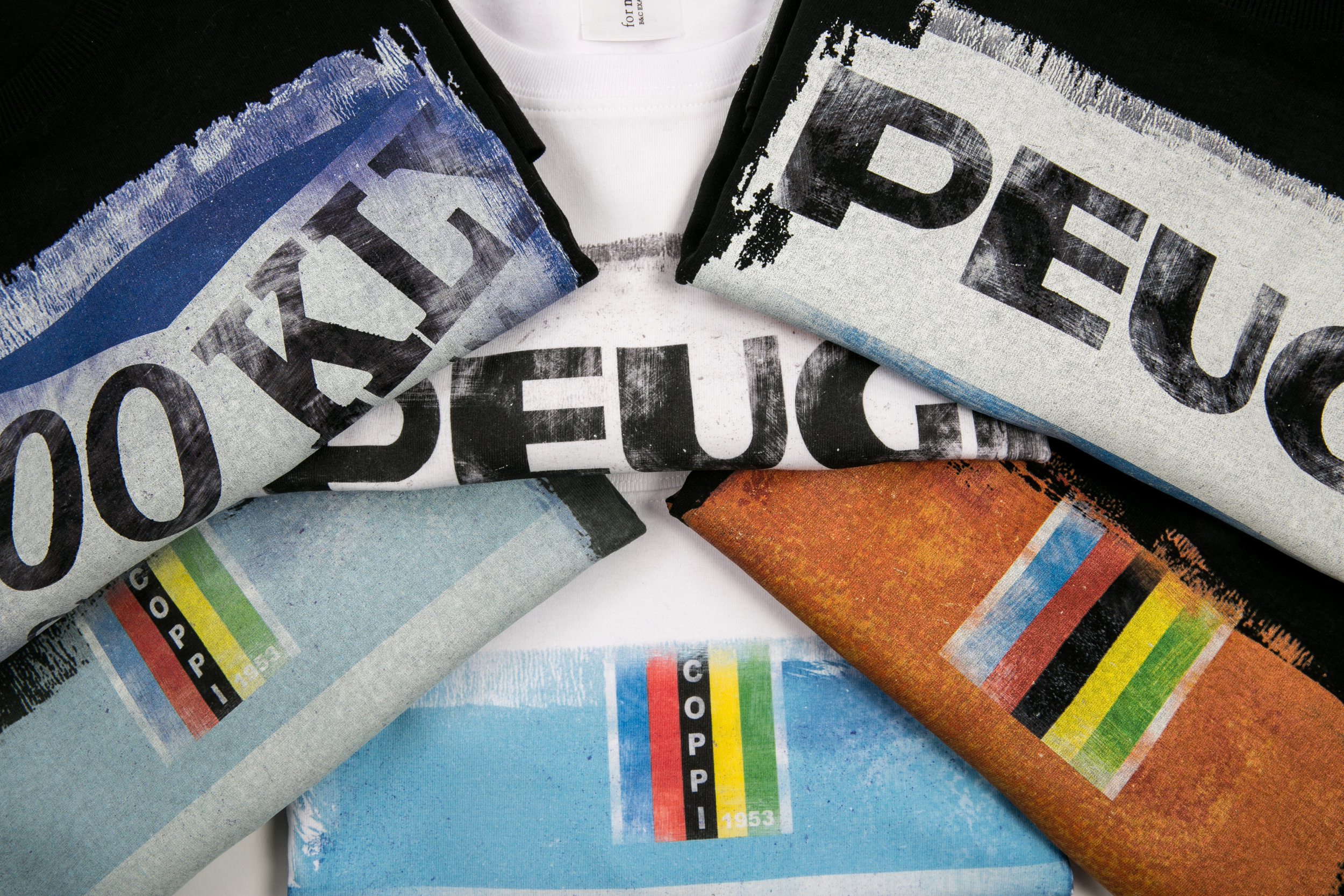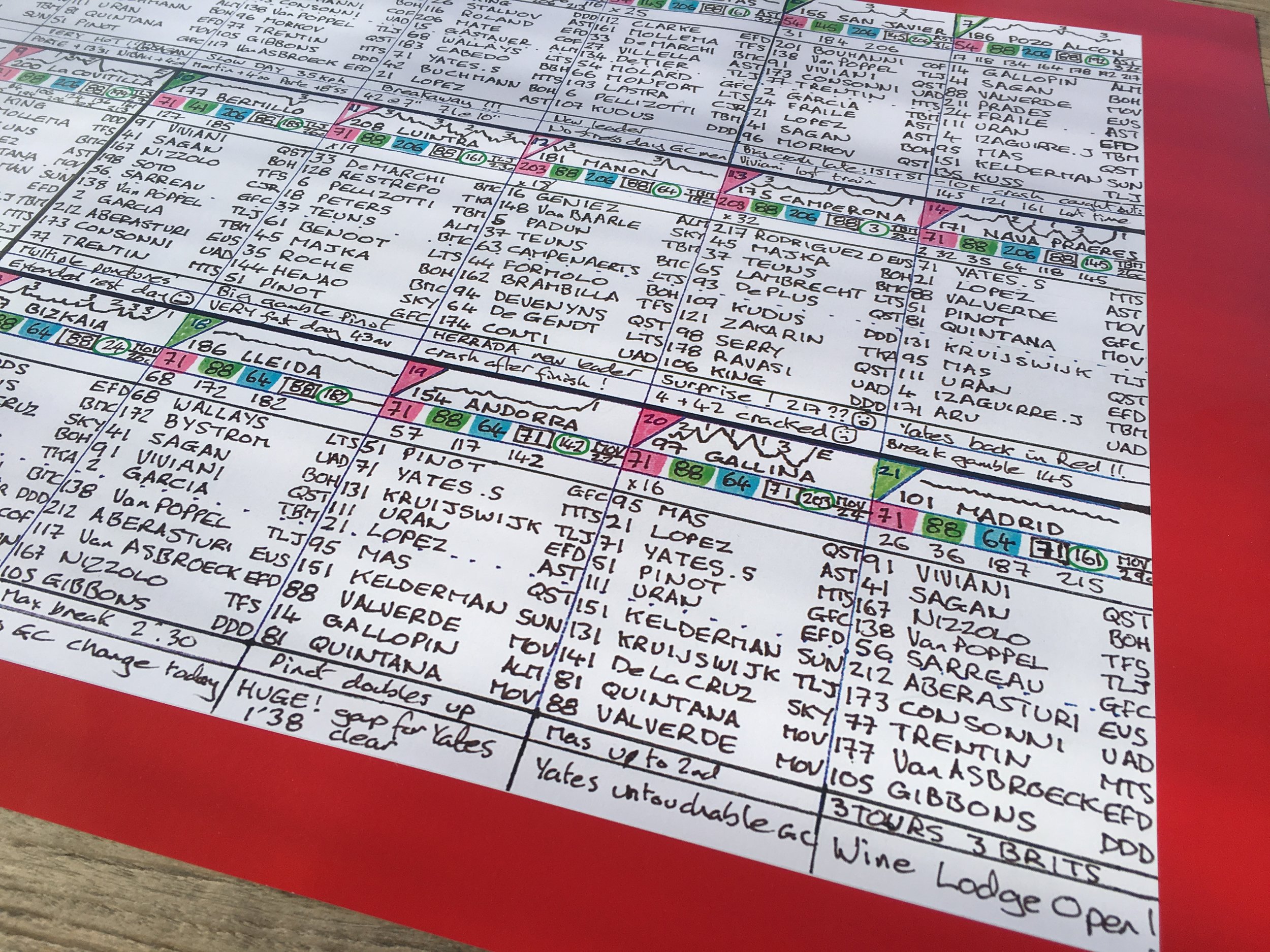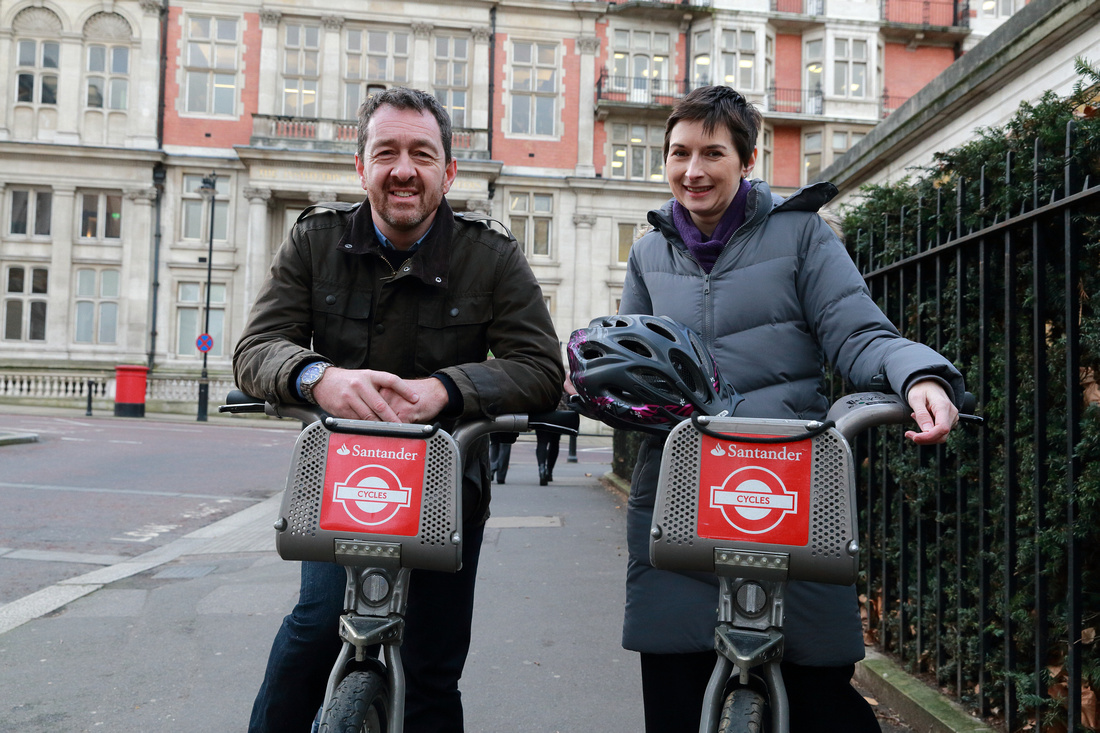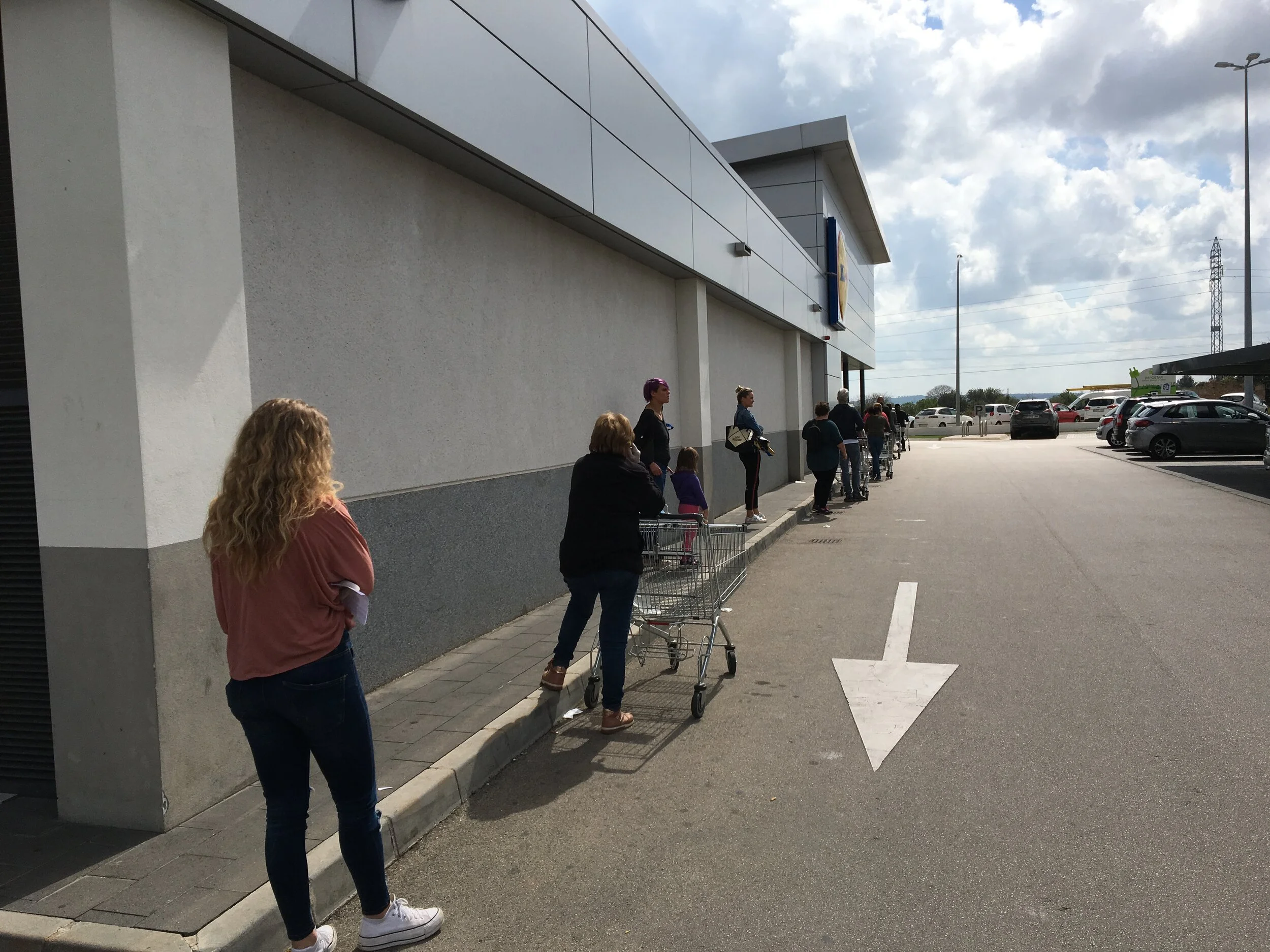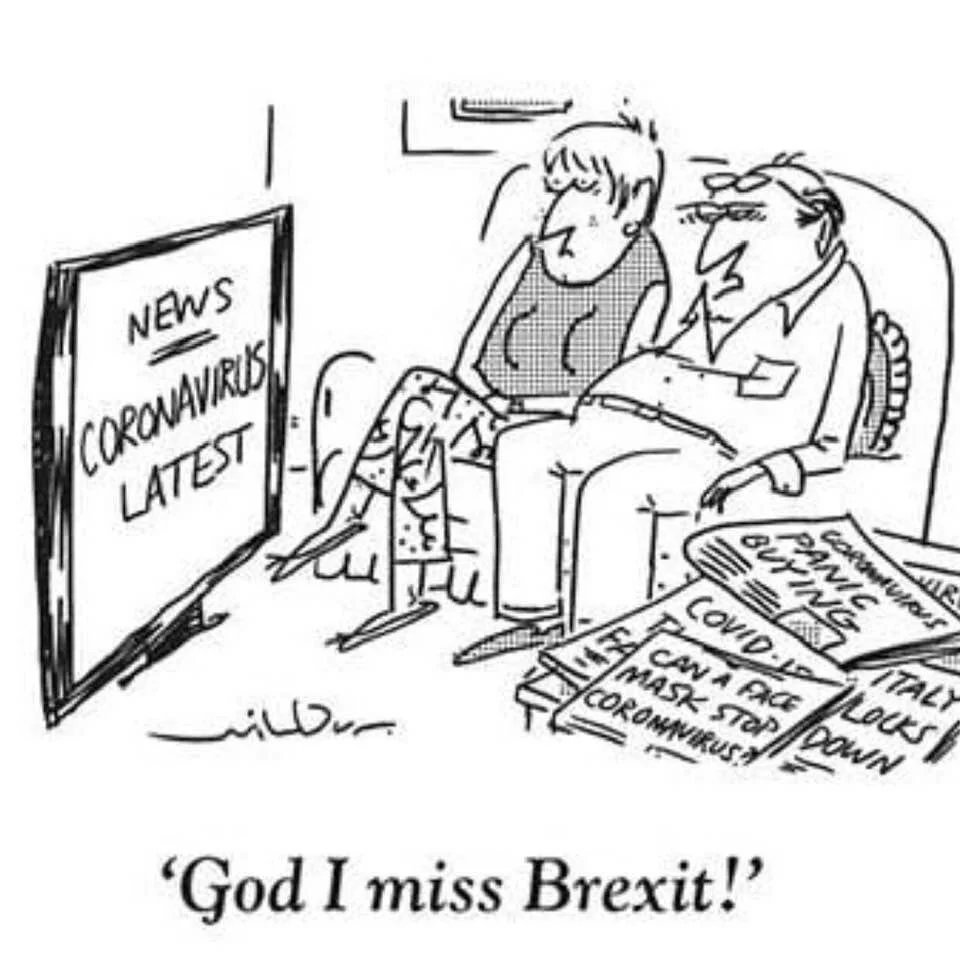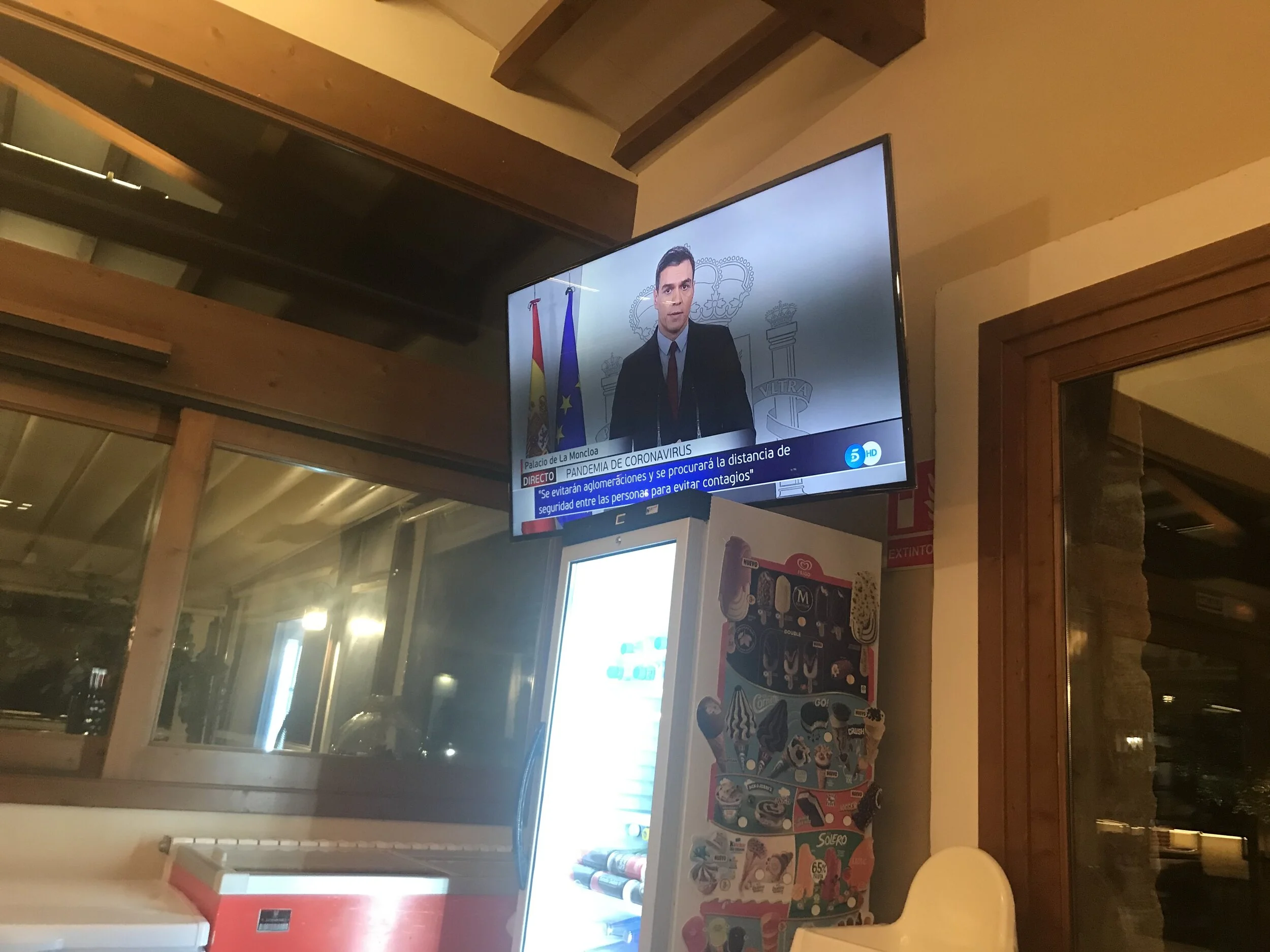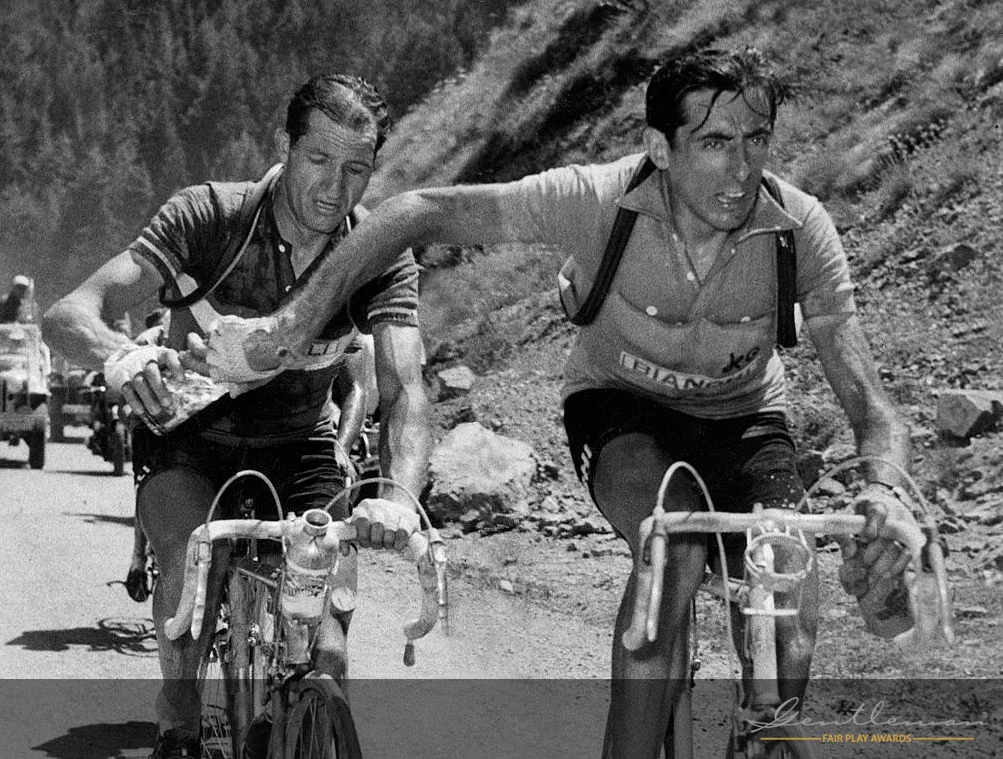Only 10 sleeps until Christmas, but it's not too late to fill your loved one's cycling stockings. Forget boring bike lights and unimaginative inner tubes, we give you our top selections from a year's hard graft trawling bike shows and reviewing the latest offerings from books to energy boosters. Here's Ride Velo's best little presents for 2016 which are guaranteed to delight the cyclist in your life.
Read MoreITV's Tour de France Makeover
ITV’s cycling reporters have been out in force over the last week, giving their predictions for the 2016 Tour de France yellow jersey contenders and revealing big changes to the line up, not of the riders, but of the commentators.
Last week at Look Mum No Hands! Ned Boulting revealed that Phil Liggett and Paul Sherwen, the voices of the Tour on British TV, were to be replaced as real time commentators for the race...
Read MoreEroica Britannia 2016
Where can you dress like your grandparents, exhibit your dog, hang out with Chris Boardman and cycle with like minded people on some of England's most glorious rolling roads? The Eroica festival of course! Three days of vintage hedonism and heroism at its very best set in the stunning backdrop of Bakewell, Derbyshire.
Read MoreTriumphs and Turbulence by Chris Boardman
Having listened to Chris Boardman speak at Spin London last month, we were eager to get our hands on a copy of his autobiography, Triumphs and Turbulence. Well the wait is over, with the book published today by Ebury Press and launched tonight by Boardman himself at the Lowry, Manchester. Lucky enough to get a preview copy, Ride Velo is pleased to announce that it lived up to expectation, having immersed us in so many different aspects of the cycling world, with fantastically funny anecdotes to boot.
Read MoreReclaim the Streets!
Speaking to The Times this week, Chris Boardman asked how Britain can call itself a cycling nation when the current government invests £1 a head per year (as opposed to £24 a head in Holland) in cycling infrastructure.
“It gets me angry,” he said. “It’s insulting that it’s even called an investment strategy. Over £600 million to refurbish Bank tube station and the government invests £300 million across the entire country spread over five years for cycling and walking… ‘Insulting’ is the word.”
Chris Boardman is 'angry'
Boardman’s frustration is shared by many of us, especially when you consider that the arguments for investing in cycling are so strong on so many levels: pollution, health, business. “It’s the most cost-effective form of transport you can make,” he asserts.
The government’s reluctance to properly invest in and encourage cycling is confusing. Speaking at Spin London last week, Boardman was non-plussed himself, and said that it must be the Treasury who are just blinkered and can’t see it. But our reliance and devotion to the car was explained with clarity some forty years ago by the philosopher and Catholic priest, Ivan Illich.
Philiosopher Ivan Illich
Some of Illich’s most interesting ideas can be found in his 1974 work, “Energy and Equity” which proposes the concept of ‘counter-productivity’ when institutions of modern industrial society impede their purported aims. For example, he calculated that, in 1970s America, if you add the time spent to work to earn money to buy a car, the time spent in a car (including traffic jams), the time spent in hospitals because of accidents, the time spent in the oil industry and so on, and you divide that by the number of kilometres travelled per year per person, the average speed of each car journey is in fact only 6km per hour.
Even without taking into account the amount of time spent working to pay for a car, the average rush hour speed among cars in Central London is about the same as a horse drawn cart in the 1800s and less than that of the modern cyclist.
And that bike takes up such little space. As Illich says, eighteen bikes can be parked in the space of one car. Thirty can move along in the space taken by a moving car. To move 40,000 people across a bridge in an hour requires twelve lanes of cars, four by bus, three by train and only two by bicycle.
If houses were designed like cities...
As we have become slaves to the car our cities have evolved in a way that no one would have ever designed them in the first place. To make room for cars we have sacrificed an enormous amount of our personal space. A child cannot play in the street and is restricted to their personal garden, if they have one, or must go to a designated park or play area to which they may have to be driven to. Our Victorian streets were never designed to have cars parked either side of them for their entire length.
Victorian streets were not designed for cars
In the suburbs, people can’t get around conveniently because they are far away from everything. To make room for cars, distances have increased. People live far away from school, from work, from the supermarket. The car wastes more time than it saves and creates more distance than it overcomes.
If we continue our slavish reliance on the car the only logical conclusion is to further develop our cities in the image of Los Angeles or other sprawling urbanizations. They are splintered communities, strung out along empty streets lined with identical developments, designed for driving as quickly as possible from work to home and vice versa. In some American streets the act of strolling in the streets at night is grounds for suspicion of a crime.
Why is it that in British society, the city, once regarded as a modern marvel, is now seen as a living hell, a place to escape from? Another philosopher from Illich’s era, Andre Gorz, made the point that, the car, of course, and the accompanying noise, smell, pollution and danger it creates has made our cities uninhabitable. To escape we need faster cars to travel motorways to satellite towns far away. “What an impeccable circular argument!” he says. Give us more cars and wider roads so we can escape the destruction caused by cars and polluted streets!
Why should we have a place for work, a separate place for living, another for shopping, a fourth for education and yet another for entertainment? The way our space is divided up disintegrates society. Transport policy is not an issue that should be decided on remotely, by itself, but as a wider plan for how we live as human beings, as parts of a social community.
“People,” writes Illich, “will break the chains of overpowering transportation when they come once again to love as their own territory their own particular beat, and to dread getting too far away from it.” But for this to be possible we have to make the city habitable and not trafficable. We need to reinvigorate neighbourhoods into real communities again which are shaped by the varied activities therein : working, living, learning, relaxing, communicating, managing a coexistence and finding a life in common.
This really should be at the crux of transport policy. We can make arguments about the health benefits of getting people on their bikes and the amount of money it will save citizens and the government in the long run. These are good points and have been made many times. And ignored. We need politicians with vision who have the courage to do something about improving the quality of life of its citizens in a more profound way.
Last month Barcelona announced ambitious plans to reduce traffic by 21%, freeing up 60% of streets currently used by cars to turn them into so-called "citizen spaces". The plan is based around the idea of mini neighbourhoods around which traffic will flow, and in which spaces will be repurposed to "fill our city with life."
Forget the little concessions, tax breaks here and there and incentives to do this or that. We need to be rebuilding our cities to make them vibrant, local, real places again. And you can’t do that as long we remain enslaved by the car.
London Mayoral Campaign - What's in it for Cyclists?
Londoners - it's all change at the helm. After eight years, Boris is out (a Borxit??) and a new Mayor will be elected on Thursday. Although he didn't live up to all his cycling promises, few can deny that Boris was great for London's cyclists. The challenge now is for Londoners to return someone who will continue Boris's good work and to take cycling in the city to new heights. Before Ride Velo dispatches its crosses into the ballot box, we wanted to take a close look at the candidates' policies before deciding who's best for the mean streets of London.
Read MoreBradley Wiggins - My Hour
“It’s just you on that track with 6,000 people who have come to see you succeed or fail.” The Hour Record, dating back to 1893. 60 minutes of individual, lonely effort around a velodrome, lap after lap, counting down each minute until the end, in the vainglorious attempt that you’ve travelled further than anyone else at the end of it all. Just you and a bike. A massive risk. No second place. Simply failure or a place in the record books while the world watches you. The hour record has to be the ultimate do or die sporting event. “My Hour” is Bradley Wiggins’ story of his successful bid to be the fastest cyclist over the course of one hour.
Read MoreDesign Museum's Homage to Cycling
I think it's fair to say that all of us who cycle get the same pleasures from the experience (and some of the pains too!) That feeling of freedom, the wind in our hair, being masters of our own destiny - to mention just a few of the positives. Bicycles can be beautiful, sleek and streamlined, or practical utility vehicles, but there is something about their geometry that makes us go weak at the knees and fosters an illogical passion for metal and rubber.
Read MoreSmoother than Chamois Cream - the Rouleur Classic
Thursday night saw Vinopolis open its doors for the Rouleur Classic event and the suited and booted cognoscenti of the affluent London cycling community, most of whom appeared to have come straight from their desks across the river in the Square Mile, or wherever it is that hedge fund managers, bankers and corporate lawyers park their tailored but trim derrieres on weekdays. Eager to get their cycling fix before donning the Rapha and deserting their loved ones for their Sunday morning rides with their top-of-the-range carbon machines, this well-to-do crowd queued round the block before the 6pm start.
Read More

